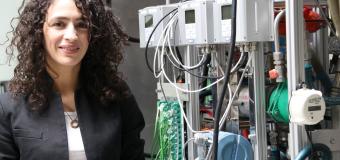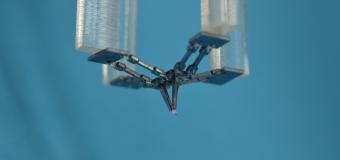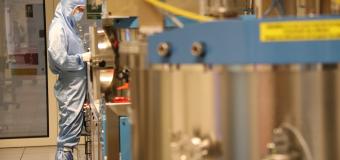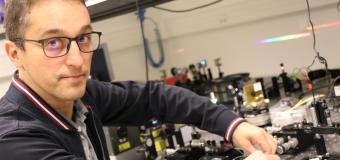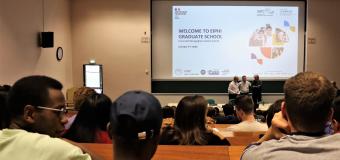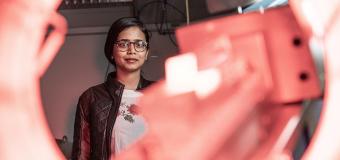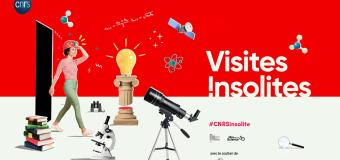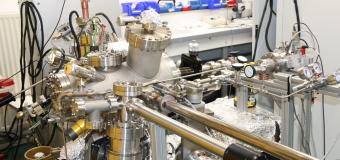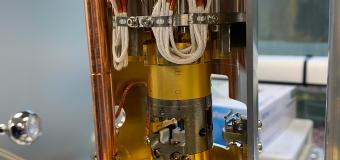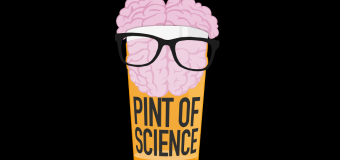16th International Symposium on Distributed Autonomous Robotic Systems
Nearly a hundred scientists from all over the world will meet under the auspices of FEMTO-ST, in Montbéliard from November 28 to 30 to exchange on an interdisciplinary field in full expansion.
The future of robotics is distributed. From industrial robots to autonomous cars, and from drones to soft robots, the success of robotics technology will ultimately be the ability of robots to interact, coordinate and communicate intelligently, both with each other and with humans in their environment.
The Distributed Autonomous Robotic Systems (DARS) conference brings together the most visionary, creative and important work in the field of decentralized autonomous robotic systems.
This work, which spans almost all robotic applications, focuses on common research challenges that have not yet been addressed. Indeed, although distributed autonomous robotic systems are becoming a major economic force, ranging from warehouse automation to autonomous vehicle networks, and are ubiquitous in nature and social systems, there is still a lack of fundamental understanding to design appropriate local rules to achieve global behavior, formally ensure robustness and safety, or even predict the behavior of distributed autonomous systems under the influence of real-world perturbations.
Previous editioins of DARS were held in à Riken, Wako, Japan (1992, 1994, and 1996) ; Karlsruhe, Germany (1998); Knoxville, Tennessee, USA (2000); Fukuoka, Japan (2002); Toulouse, France (2004); Minneapolis, Minnesota, USA (2006); Tsukuba, Ibaraki, Japan (2008); Lausanne, Switzerland (2010); Baltimore, Maryland, USA (2012); Daejeon, Korea (2014); London, UK (2016); and Boulder, Colorado, USA (2018), Kyoto, Japon (2021).
The 2022 edition wil be organized in Montbéliard by Julien Bourgeois, Institut FEMTO-ST - Départment DISC (UBFC, CNRS, UFC) Justin Werfel, Harvard University et Jamie Paik, EPFL.
Contact : Julien Bourgeois


